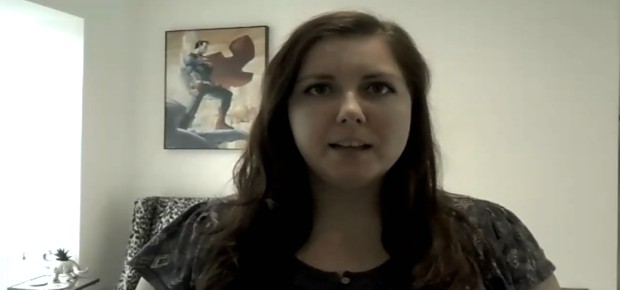 Go to Canterbury Christ CHurch University's website
Go to Canterbury Christ CHurch University's website
 Go to Canterbury Christ CHurch University's website
Go to Canterbury Christ CHurch University's website


2444
Typically, my role as a geoarchaeologist involves supervising drilling teams out on site to collect sediment data, in the form of borehole cores, which I take back to the Wessex Archaeology laboratory to interpret and describe. I then enter the sediment data into industry standard software to create 2D and 3D deposit models mapping the subsurface topography beneath a site. The aim of this is to re-construct past landscapes so we can understand how humans interacted within their environment in the past. In doing so, we can predict where the archaeology might be today and map deposits in which the archaeology – if present – will be best preserved!
Most professional archaeologists have a degree, and many also have a postgraduate qualification. You can do degree courses in archaeology, as well as those specialising in different aspects of the work, like:
There are various routes into working in commercial archaeology. Most people now have an archaeology degree although many more experienced, and often older individuals, have many years of experience of working on archaeological excavations. Most people normally start off working as a field archaeologist, although this is not always the case.
You’ll usually need:
Most archaeology companies now want prospective employees to have an archaeology degree or considerable experience in working in archaeology. For new starters though, an archaeology (or relevant degree, for example environmental subjects) degree is essential. It also helps if you are a member of CIfA (the Chartered Institute for Archaeologists) and have a full driving license. If you’re working on archaeological sites you will normally need a CSCS card, although some employers can arrange these for staff once they start. If you’re looking to go into a specific area of archaeology (say osteology for example) then you will most likely need to have an osteology related degree and considerable experience, unless you can apply for a training/graduate position.
Most archaeology degrees run student fieldschools which are often a great way of getting some practical training in archaeological excavation.
For my role in the Geomatics Department the skills and knowledge needed are:
You may find it useful to join a professional body like the Chartered Institute of Archaeologists.
With experience, you may be able to progress to a senior role like site supervisor or director.
You could also specialise in teaching or preservation.
Related roles include:
“We can visualise what the topography looked like at different points in time when humans interacted with it.”